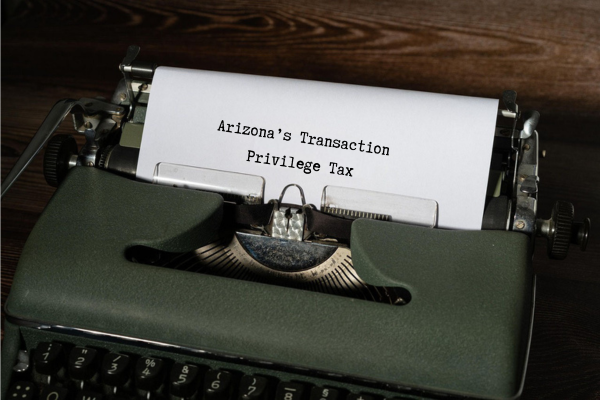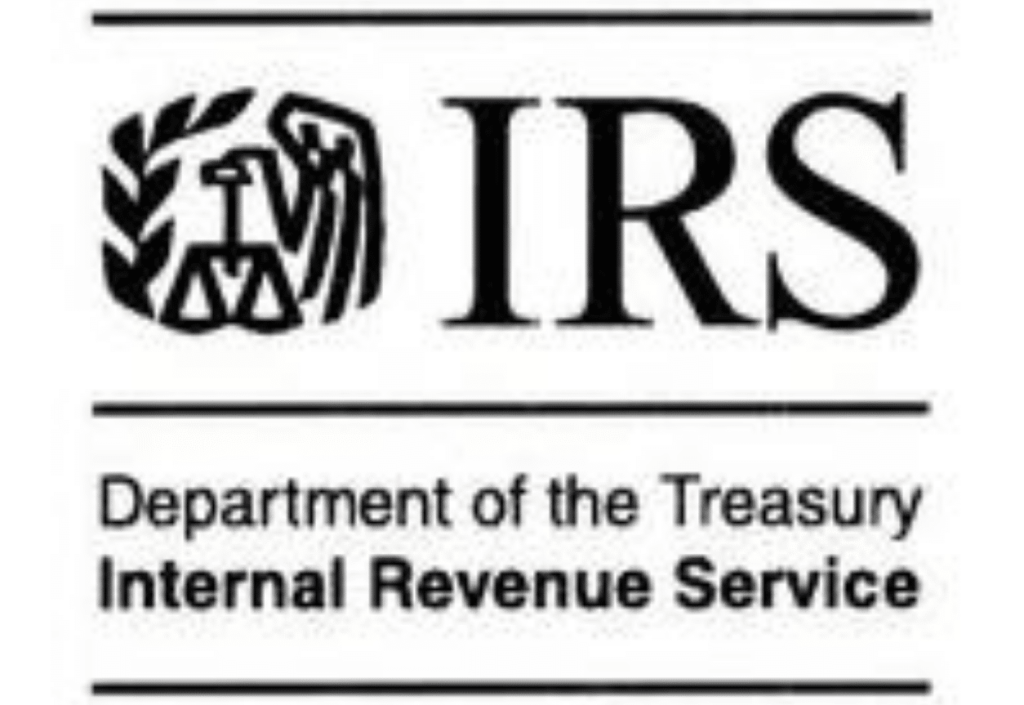
Contributions to Charities’ Single Member LLCs
For years, taxpayers and their advisors have wondered whether contributions to charities’ single-member LLCs are deductible. The IRS has issued Notice 2012-52 advising taxpayers that

For years, taxpayers and their advisors have wondered whether contributions to charities’ single-member LLCs are deductible. The IRS has issued Notice 2012-52 advising taxpayers that

Non-profit organizations that are tax-exempt from federal and state income tax are not necessarily exempt from state and local taxes. In lieu of a sales tax, Arizona imposes a Transaction Privilege Tax (TPT) on seventeen separate business classifications. Certain tangible personal property and retail sales transactions are exempt from Arizona’s TPT.
The general rule is that sales made to churches, schools, and other non-profit organizations are taxed. However, under the Arizona Revised Statutes (A.R.S.) the following types of transactions are not subject to the State of Arizona’s Transaction Privilege Tax:

In its 2012 workplan, the IRS announced it will be paying closer attention to self-declared 501(c)(4), (c)(5) and (c)(6) organizations. These groups include social welfare organizations; labor, agricultural and horticultural groups; as well as business leagues and chambers of commerce. Such organizations consider themselves to be tax-exempt because of the nature of their activities, but they have not filed for nor received a formal determination letter from the IRS. These groups are allowed to operate without an official IRS determination because, unlike the 27 month filing deadline for 501(c)(3) charities, they are not subject to a deadline for filing an application for exemption.

As the time for calendar year nonprofits to file their annual tax return approaches, many nonprofits will need to remember which Form 990 their organization is required to file. As a refresher, the threshold requirements a different for each organization and depend on both revenue and assets.

Each year, the IRS publishes a report detailing what its focus will be regarding nonprofit organizations and compliance during the year to come. The following are some of the highlights from the 2012 Exempt Organizations Work Plan.

The final Form 990 for the 2011 tax year has been released by the IRS and includes a few significant changes that charities should be aware of.

Fortunately, for nonprofits with reasonable cause for filing late, there is a silver lining. Code Section 6652(c)(3) provides that penalties assessed for late filing may be waived when the late filing was due to reasonable cause. Accordingly, the IRS will consider waiving the penalties (but not the interest) where the organization can prove the late filing was due to reasonable cause.

The IRS has released a new form for tax-exempt organizations to use when they request determinations (other than initial exemption applications) about their tax-exempt status.

Even if you end up having to pay some tax on it, having more income is always a good thing. The primary challenge for tax-exempt organizations is ensuring its unrelated business income is maintained within a relatively safe range of its overall exempt activity. It is acceptable for a tax-exempt organization to operate an unrelated business so long as operating the unrelated business is not its primary purpose. Unfortunately, there is no crisp test for determining when this threshold has been crossed. In determining whether the unrelated business has morphed into the organization’s primary purpose, all of the circumstances must be considered including the size and extent of the organization’s exempt purpose activities.

The Court reasoned that the most important consideration in determining deductibility of unreimbursed expenses is whether or not the volunteer work causes or necessitates the expense. If the expense is incurred solely in connection with one’s duties as a volunteer, such as buying food for a foster pet, the expense is deductible. If, however, the expense is one that would have been incurred regardless of one’s duties as a volunteer, such as repairs or insurance for a car that is used for personal transportation as well as transportation related to volunteer duties, the expense will be considered to have been incurred regardless of any volunteer service, thus it is not a deductible expense.
Download our free guide to learn about the many elements needed to run a successful nonprofit organization, as well as how to avoid common pitfalls and mistakes.